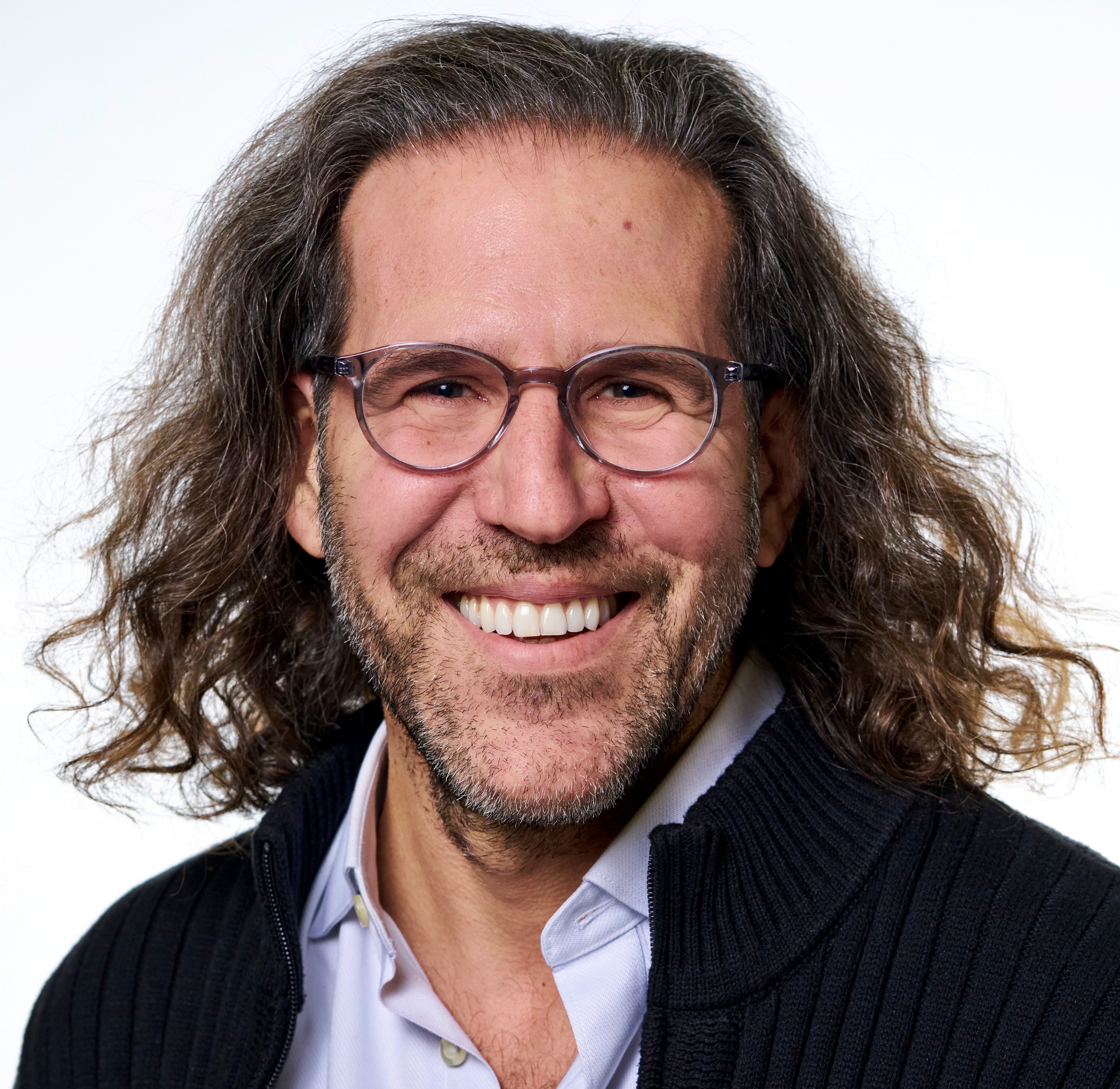People are always shouting they want to create a better future. It’s not true. The future is an apathetic void of no interest to anyone. The past is full of life, eager to irritate us, provoke and insult us, tempt us to destroy or repaint it. The only reason people want to be masters of the future is to change the past. ~ Milan Kundera
Harrowing, trenchant, disturbing, and most importantly, authentic and psychologically astute, “Baby Reindeer” poses questions usually reserved for psychotherapists’ offices. In the already infamous 4th episode, aspiring writer/comedian Donny Dunn is groomed and raped by Darrien, an older man who offers to help him attain his goal of becoming successful, of becoming famous.
The ramifications of this event are so intense and varied that we must applaud “Baby Reindeer” writer and actor Richard Gadd for being sufficiently brave to transmute his personal suffering into art. Going one step further than Hannah Gadsby’s brilliant and brutal “Nanette” (also on Netflix), Donny’s inner monologue explores the confusion sown in his mind by this event and his ultimate realization that his quest for fame (as well as his tolerance for his stalker) has been a compensation for his low self-worth, his addiction to self-hatred.
As I state in my books and videos, “No baby was ever born with low self-worth, low self-esteem.” Low self-worth is one way people assimilate trauma. “There must be something wrong with ME for this traumatic event to have occurred,” the mind reckons.
So is low self-worth the psychological dysfunctionality that causes some people to want to be famous?
As a psychotherapist in Los Angeles, I treat many people who came to this city of dreams with the hope of becoming acclaimed entertainers, of becoming famous. But why did they want to become famous? Why does anyone want to become famous? Most of the famous people I have met loathe being recognizable. But did some of them originally believe subconsciously — like Donny — that fame would cure their low self-worth or self-hatred?
Why do people on social media (myself included) want to influence people, gain subscribers and attain “Like”s? Could it be secretly fueled by spite? Could it be a futile attempt to undo whatever trauma occurred long ago? Could winning an Academy Award be the ultimate act of vengeance for some people?
How many subscribers or “Like”s would it take to change the past or at least offer some compensation for the violations and traumas that so many people have endured?
Donny unpacking his heart to a room full of strangers in episode 6 is one of the most psychologically insightful (as well as unnerving and cringe-worthy) works of art I have witnessed. And it is this authenticity that will lend solace to so many other victims, knowing that they are not alone.
Obviously there exist healthy, untraumatized people who want to be actors, performers, musicians and artists too.
But sometimes it does appear that we are amidst an epidemic of abuse and that healing can only begin when the private is made public and victims can shed their shame instead of paying their suffering forward onto others.


